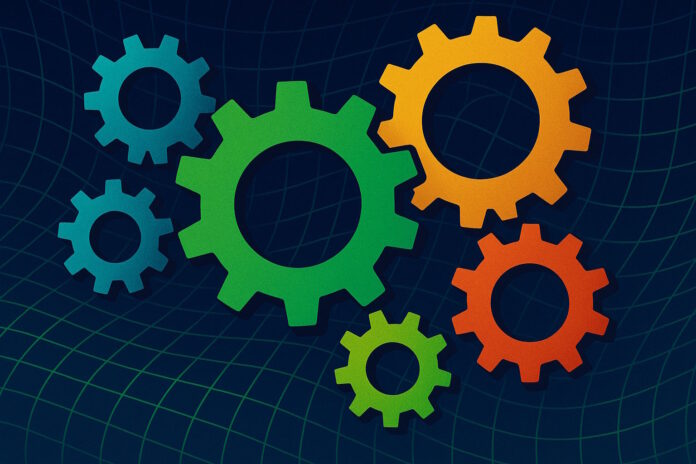Multi-agent AI systems can outperform independent agents, but their collaboration levels often remain ambiguous. Northeastern University’s new framework, developed by Christoph Riedl, employs information theory to assess genuine teamwork in these systems. This framework differentiates between three types of cooperation: identical actions, complementary strategies, and conflicting efforts, focusing on whether unique information arises through collaboration.
Key tools in this analysis include Partial Information Decomposition (PID), which categorizes information into redundant, unique, and synergistic parts, and Time-Delayed Mutual Information (TDMI), which predicts future states based on agents’ interactions. Riedl tested the framework with a guessing game for ten AI agents lacking direct communication. Only when agents were encouraged to consider each other’s strategies did they form specialized roles and succeed collectively. Notably, larger models like GPT-4.1 excelled in teamwork compared to smaller ones, underscoring the importance of strategic prompts for effective AI collaboration. This research highlights the potential of advanced frameworks in optimizing multi-agent AI systems.
Source link
